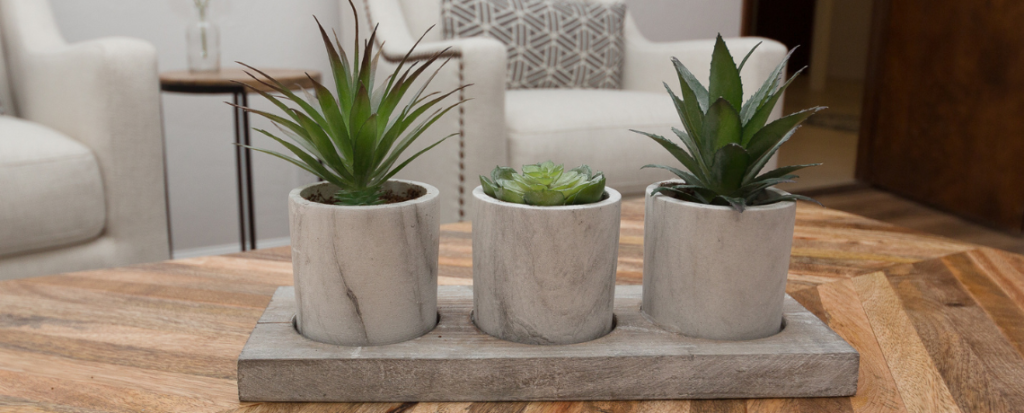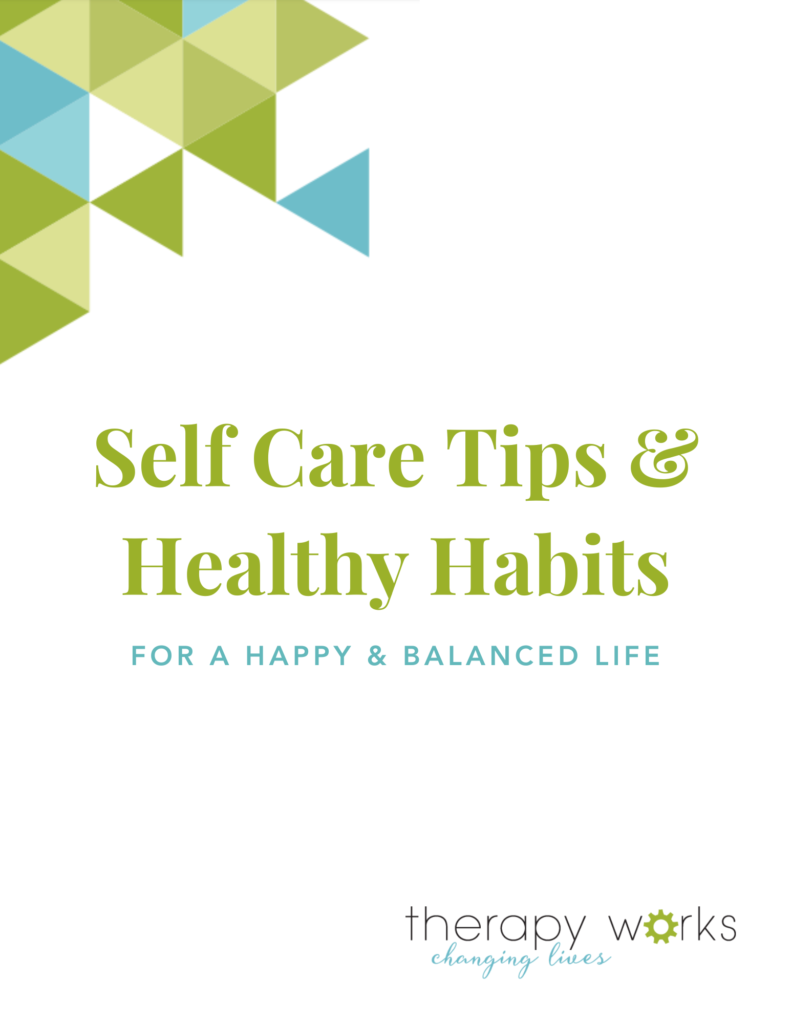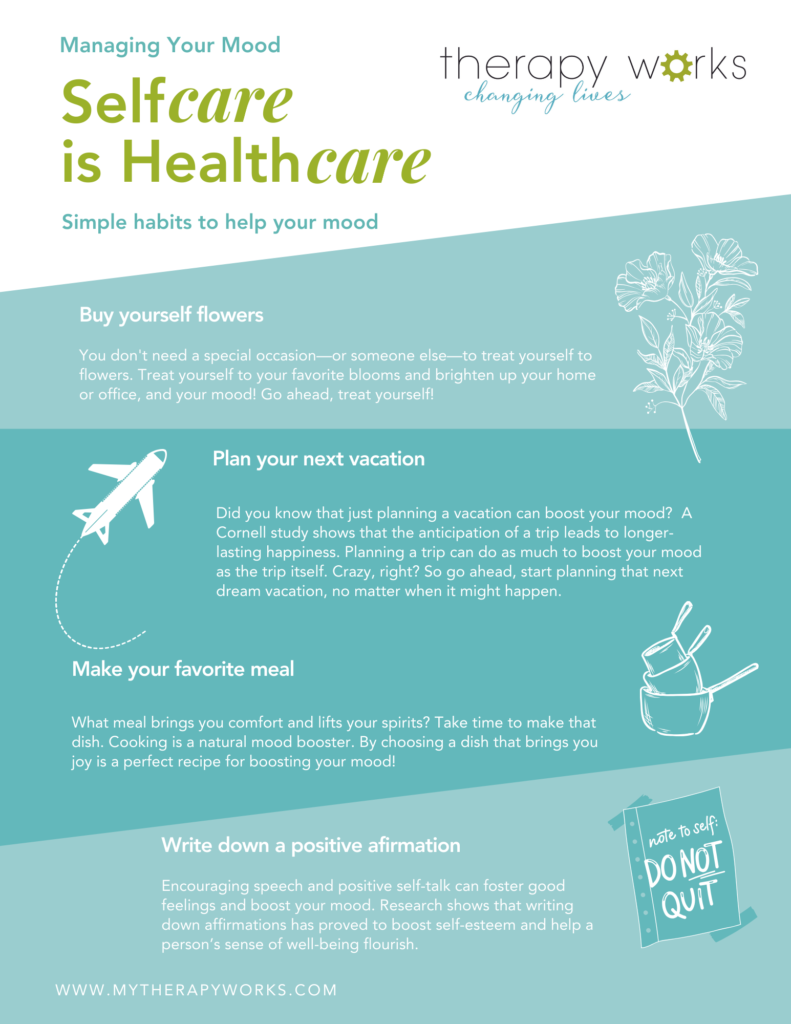Changing Lives
Self Care Resources

Frequently Asked Questions About Self Care
Self-care refers to the actions and practices that individuals engage in to maintain and enhance their physical, mental, and emotional well-being. It involves a conscious and intentional effort to take care of oneself in various aspects of life. Here are some key components of self-care:
1. Physical Self-Care
- Exercise: Regular physical activity to maintain fitness and health.
- Nutrition: Eating a balanced and nutritious diet.
- Sleep: Ensuring adequate and restful sleep.
- Hygiene: Maintaining personal cleanliness.
- Medical Care: Attending regular check-ups and addressing health concerns promptly.
2. Mental Self-Care
- Stress Management: Techniques such as mindfulness, meditation, or deep-breathing exercises.
- Mental Stimulation: Engaging in activities that challenge and stimulate the mind, like reading or puzzles.
- Mindfulness and Relaxation: Practices that promote mental relaxation and presence.
3. Emotional Self-Care
- Self-Compassion: Being kind and forgiving to oneself.
- Emotional Expression: Allowing oneself to feel and express emotions in healthy ways.
- Connection: Building and maintaining relationships that provide support and understanding.
4. Social Self-Care
- Healthy Relationships: Spending time with supportive and positive people.
- Social Activities: Engaging in activities that foster a sense of community and belonging.
- Boundaries: Setting limits to protect oneself from stress and burnout.
5. Spiritual Self-Care
- Values and Beliefs: Engaging in activities that nurture spiritual beliefs or values.
- Reflection: Taking time for self-reflection and connecting with one’s inner self.
- Nature: Spending time in nature to foster a sense of peace and connection.
6. Professional Self-Care
- Work-Life Balance: Ensuring a healthy balance between work and personal life.
- Professional Development: Engaging in activities that promote career growth and satisfaction.
- Boundaries: Setting limits to avoid overworking and burnout.
Self-care is not solely about pampering yourself, although pampering can be a part of it. Self-care encompasses a wide range of activities and practices aimed at maintaining and improving overall well-being. While pampering activities like spa days, massages, or treating oneself to a special meal can contribute to self-care by providing relaxation and pleasure, self-care also includes more fundamental and diverse practices.
Self-care is important because it plays a critical role in maintaining and enhancing overall well-being. Engaging in self-care practices helps individuals manage stress, prevent burnout, and maintain a balanced and healthy lifestyle.
Downloadable Resources
Helpful Articles

Simplifying Self Care
Making sure you are caring for yourself in simple ways is the most important form of self care. It’s time to bring back the basics and rediscover the art of simple self care. Simplicity in self care is about returning to the fundamental practices that nurture our mind, body, and soul. Let’s explore some simple yet powerful ways to integrate self care into your daily life.

How To Prioritize Self Care During Times of Stress
While it might sound selfish or impossible to make time for self care during stressful times of your life, self care is crucial to keep you healthy, happy and balanced. During stressful periods in our lives we tend to focus outward, disregarding ourselves and our needs. Ironically, it’s during times of crisis or stress when we need to care for ourselves the most. You have to take care of yourself in order to care for others around you. We put together 8 self care tips and healthy habits to help you during times of high stress.
Whenever you’re ready, here are ways we can help:
- Schedule an appointment – Schedule Now
- Try virtual counseling from home – Learn about telehealth
- Get to know our therapists – Meet our team!
- Share this with someone – Just send them this link
- Let’s Chat – Email us
- Join our email list – sign up here
Recent Posts
Top Factors Impacting Kids’ Mental Health Today
Suicide Prevention: Resources and Support for Those in Need
The Importance of Mental Health Check-Ins for School-Aged Children: Supporting Academic Success and Well-Being
The Importance of Friendships for Mental Health
Escape Stress: Discover the Best Relaxation Spots in Santa Cruz
Navigating the Transition from School Year to Summer: A Focus on Kids’ Mental Health
Why You Should Create a Stress-Free Summer Bucket List for Your Family [Free Printable]
Contact
Email: hello@mytherapyworks.com
LOS GATOS OFFICE
P: 408-508-6789
F: 408-399-8909
A: 334 Village Lane, Los Gatos, CA 95030
Click for Map
CAPITOLA/SANTA CRUZ OFFICE
P: 831-525-5000
A: 519 Capitola Ave. Suite A, Capitola, CA 95010
Click for Map
SCOTTS VALLEY OFFICE
P: 831-525-5000
A: 125 Bethany Drive, Bldg B, Suite 101, Scotts Valley, CA 95066
Click for Map


